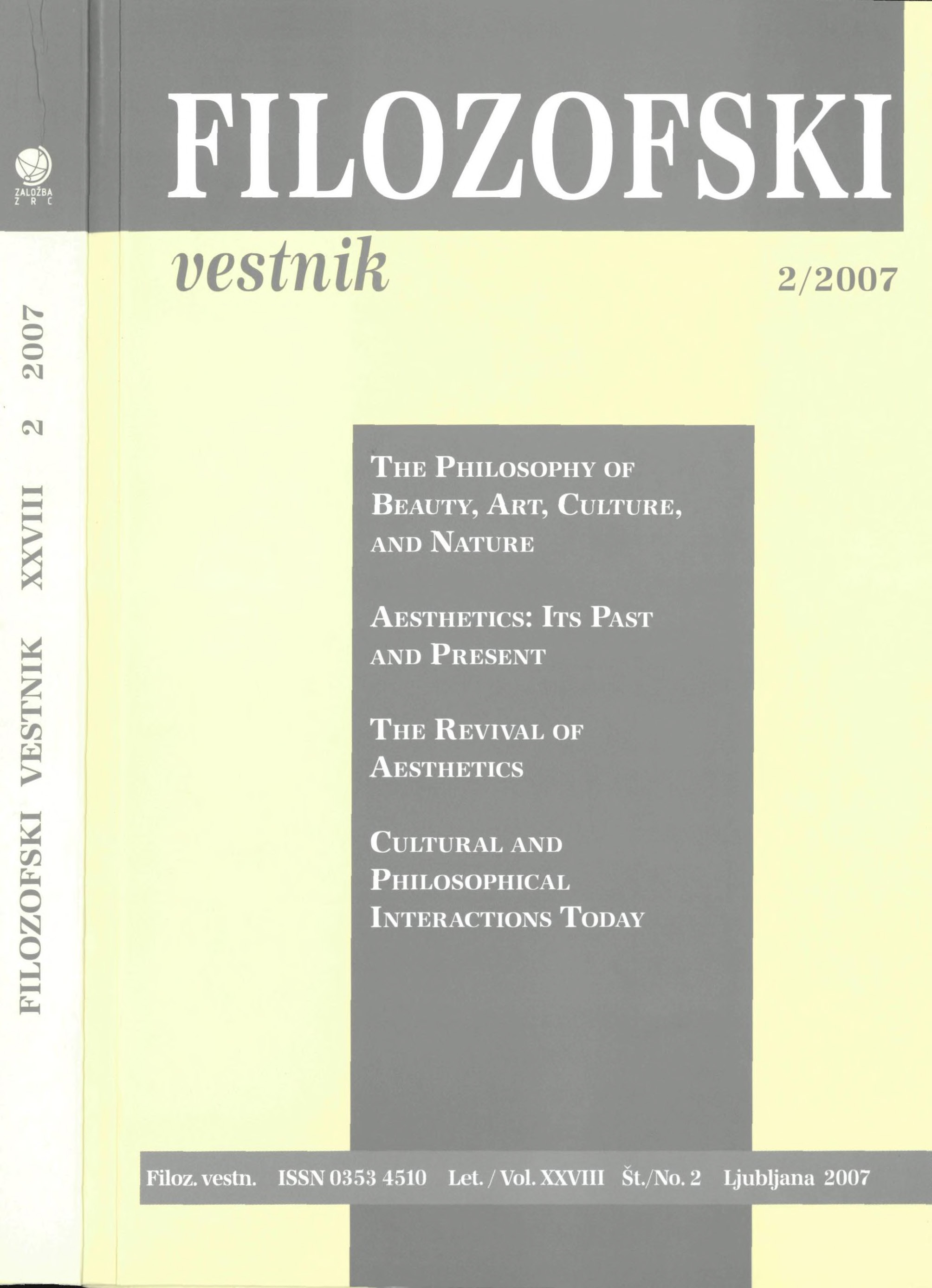The Stories of Four Words
Povzetek
In the paper I trace the histories of four terms. All four words were originally translated from western languages or Russian, but have attained new meanings in China. The first is the "principle of the Party literature," an expression made by V. I. Lenin, which remained influential in China for a very long time. The change in its translation to the "principle of Party publication" eventually became a part of the ideological liberation of the early 1980s. The second is "imaged thought." This term enabled Chinese literature to separate itself from the political ideology after the Cultural Revolution. The third is "subjectivity," a term originally translated as zhuguanxing, and then as zhutixing, which in the ears of Chinese philosophers substantially changed from a term with a negative sense, to one with a positive sense, and which paved the way for a philosophical revolution in China. The fourth is "ontology". The Chinese mixed the ontology criticized by Kant with the doctrine of noumena implied by Kant's philosophy, with ontology thus gaining its special meanings in Chinese philosophy and aesthetics. By presenting the histories of four terms, the author attempts to demonstrate how one and the same term can be ascribed different meanings in different cultures, and how it undergoes specific changes and historical transformations.Prenosi
Podatki o prenosih še niso na voljo.
Prenosi
Objavljeno
2007-01-01
Kako citirati
Jianping, G. (2007). The Stories of Four Words. Filozofski Vestnik, 28(2). Pridobljeno od https://ojs.zrc-sazu.si/filozofski-vestnik/article/view/3183
Številka
Rubrike
Cultural and Philosophical Interactions Today
Licenca
Avtorji jamčijo, da je delo njihova avtorska stvaritev, da v njem niso kršene avtorske pravice tretjih oseb ali kake druge pravice. V primeru zahtevkov tretjih oseb se avtorji zavezujejo, da bodo varovali interese založnika ter da bodo povrnili morebitno škodo.
Podrobneje v rubriki: Prispevki





